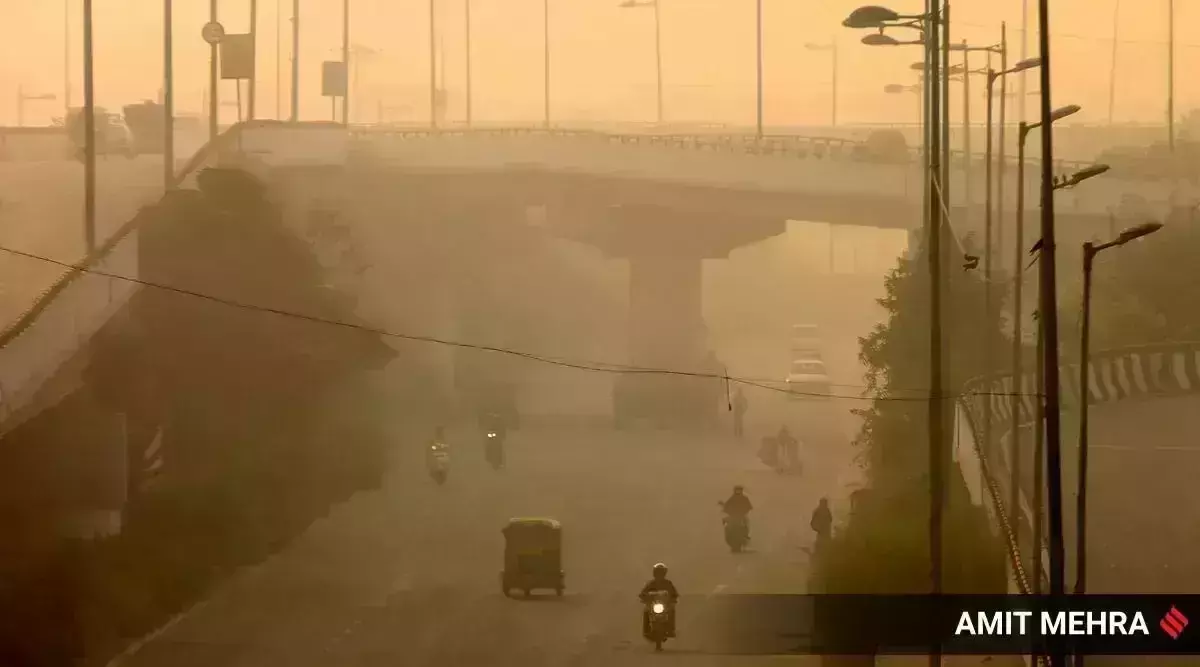
Situation becomes so bad to force us to wear masks at home: CJI on Delhi pollution
text_fieldsNew Delhi; The Supreme Court lashed out at the authorities for the deteriorating air quality in the national capital that forced people to wear masks even at home.
Hearing a plea on air pollution in the national capital, Chief Justice NV Ramana said that the situation becomes so bad that "even in our houses, we are wearing masks."
The System of Air Quality and Weather Forecasting And Research (SAFAR) marked a stark decline in Delhi's air quality that recorded 499 on the Air Quality Index on Saturday morning.
Solicitor General Tushar Mehta, representing the Central government, informed the court that measures have been taken to stop stubble burning, blaming Punjab for the stubble burning.
"We are taking steps to stop stubble burning. But in (the) last five-six days the kind of pollution, we have seen is because of (the) stubble burning in Punjab. The state government needs to buckle up... stubble burningto (is) happening in farms," he said.
Meanwhile, Justice Ramana, who was not content with the Solicitor General who put the onus on farmers for the recent spurt in the smog, said that "Why are you projecting like pollution is because of farmers? It is only a certain percentage of pollution. What about the rest? What are you doing to control the pollution in Delhi? We have nothing to do with which government ....state or centre. You tell us what your proper plan...is not about 2-3 days."
Authorities have advised that government and private offices, and other establishments reduce vehicle usage by at least 30 per cent, and outdoor activities are limited.























